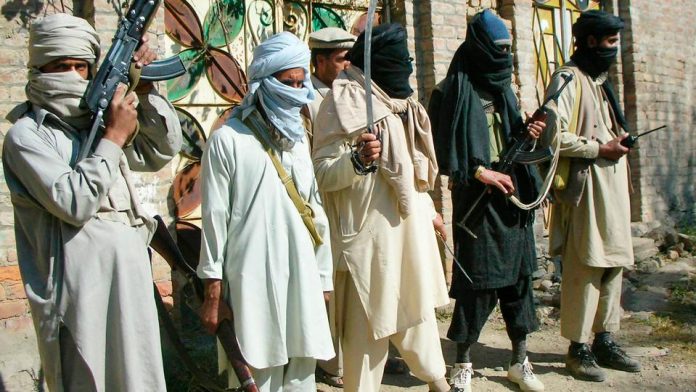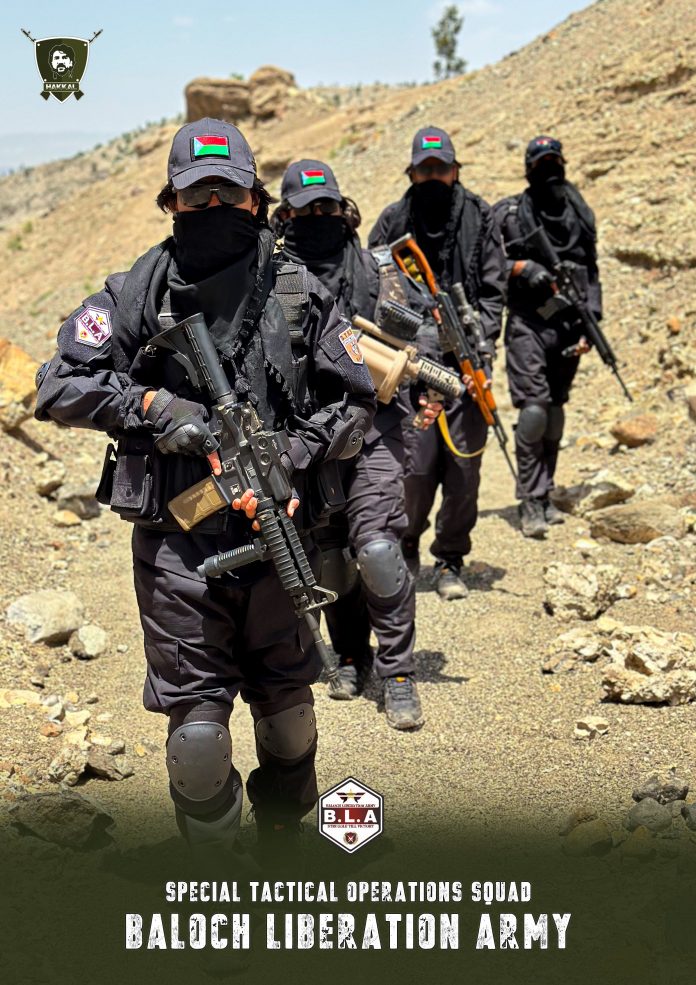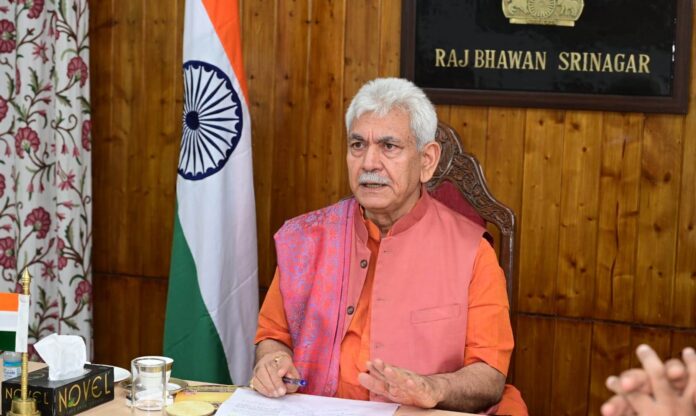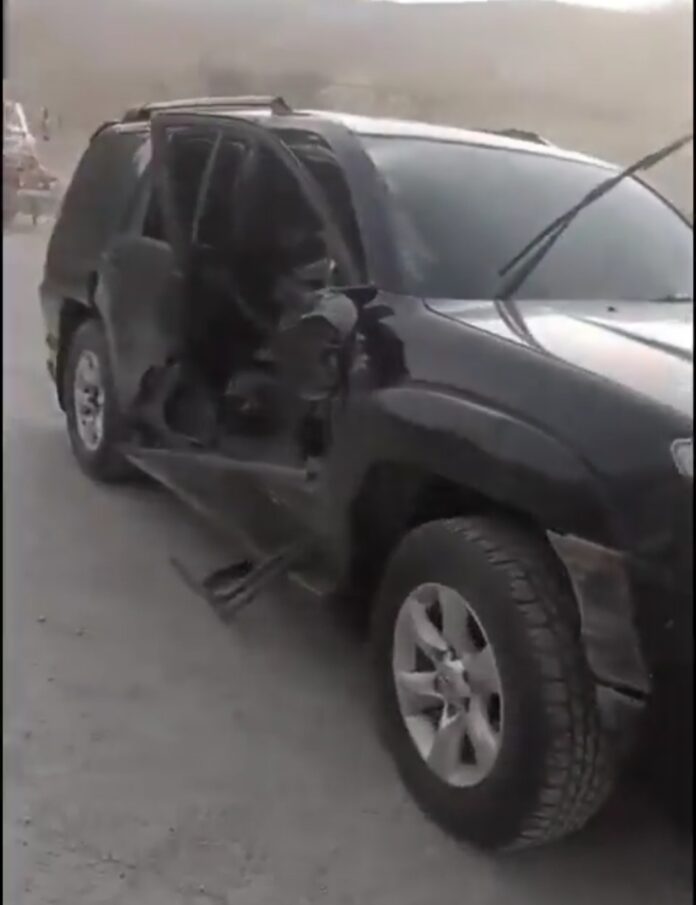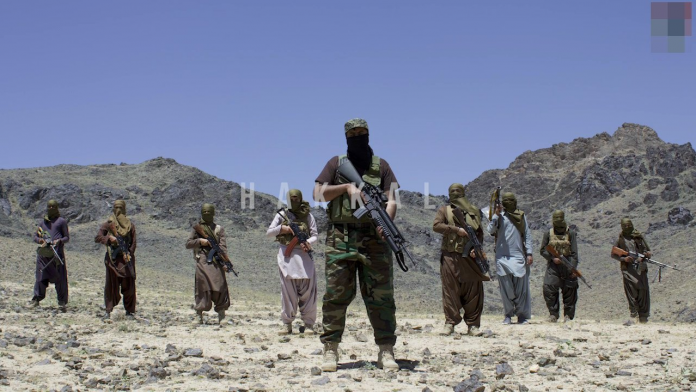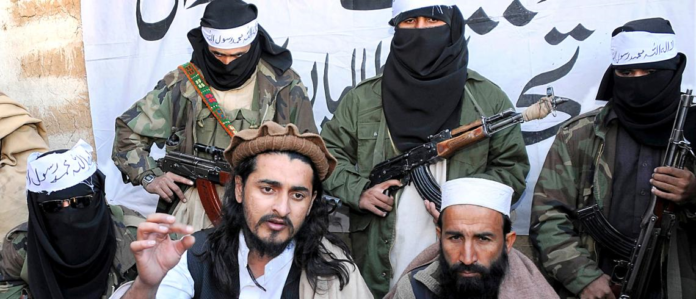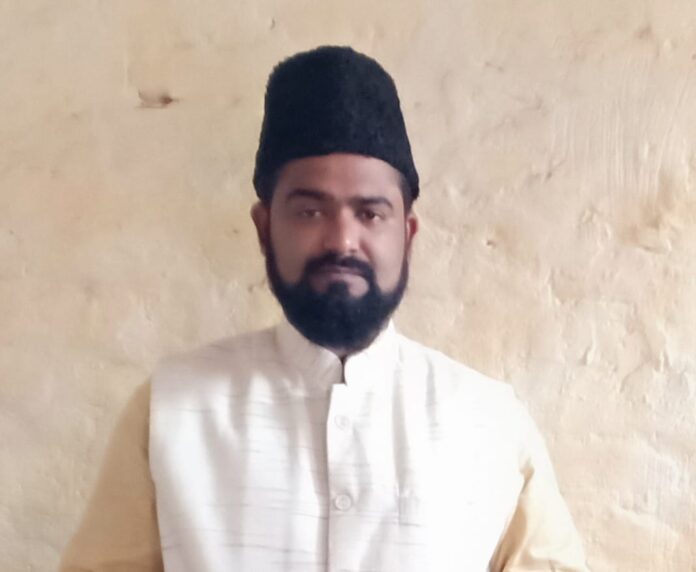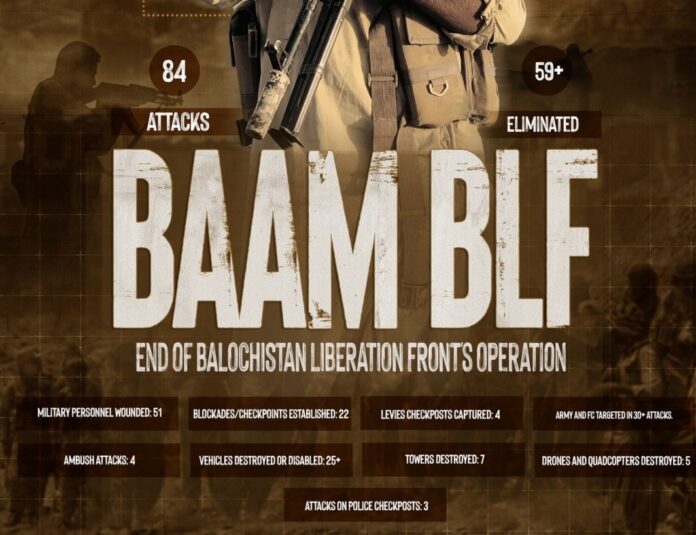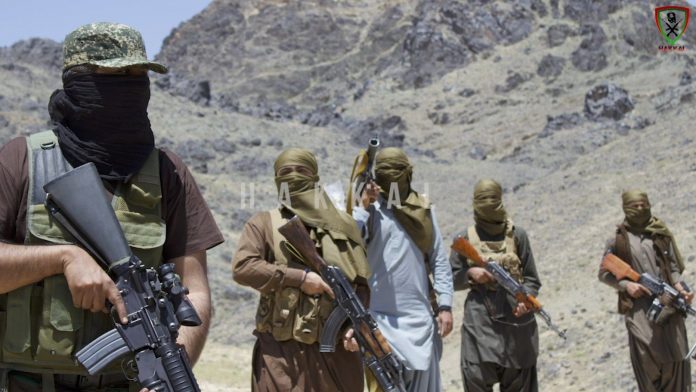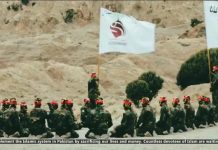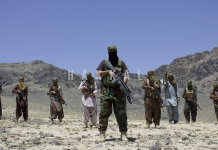By Abu Ashraf Zeeshan
In the wake of rising global extremism, ideological confusion, and identity crises among segments of Muslim youth, India finds itself at a critical crossroads.
The country’s Muslim population rich in diversity and heritage is being increasingly targeted by radical ideologies emanating from outside its borders, especially from West Asian Salafi and Wahhabi influences.
These ideologies, alien to India’s pluralistic roots, pose a serious threat to the spiritual, cultural, and social fabric of Indian Islam.
The time has come for Indian Muslim youth to decisively reject radicalism and return to the deeply rooted, peaceful, inclusive traditions of Indian Sufi Islam.
Understanding the Roots of Radicalism
Radicalism, in the context of contemporary Muslim societies, is a byproduct of political conflicts, identity suppression, and manipulation by foreign-funded ideologies. Movements such as Salafism, Wahhabism, and the more recent Deobandi Takfiri variants have found ways to exploit the emotional vulnerabilities of young minds through literature, online propaganda, and sermons.
These ideologies preach a puritanical, rigid, and exclusivist version of Islam. They reject centuries of Islamic scholarship, spiritual practices, and the lived realities of Indian Muslims.
More dangerously, they promote the idea of takfir declaring other Muslims as non-believers and cultivate hatred towards Non Muslims.
The result is a dangerous spiral into social alienation, communal tension, and in some extreme cases, violent extremism.
Indian Islam: An Inclusive Civilization
What makes Indian Islam unique is its Sufi ethos a centuries-old spiritual movement that entered India with saints, not soldiers.
The Sufis spoke the language of love, peace, and universal brotherhood. They didn’t impose; they inspired. From Khwaja Moinuddin Chishti in Ajmer to Hazrat Nizamuddin Auliya in Delhi, and from Shah Barkatullah in Marehra to Imam Ahmed Raza in Bareilly, the Sufi saints built a spiritual bridge between Islam and Indian culture.
Sufi Islam in India developed in dialogue with local traditions, celebrating pluralism rather than condemning it. It encouraged art, Soft music (qawwali), poetry, and service to humanity. It promoted an Islam that is spiritual and socially responsible not political or power hungry.
Why Indian Muslim Youth Are Vulnerable
In recent years, several factors have led some Indian Muslim youth to feel alienated. Political marginalization, rising Islamophobia, socio economic backwardness, and lack of proper religious guidance have created a vacuum.
Radical groups exploit this vacuum by offering a counterfeit sense of pride and purpose through ideology.
The digital age has worsened the problem. Radical preachers with no roots in Indian culture or scholarship, sitting in Gulf nations or elsewhere, are accessed through YouTube and social media platforms.
They romanticize an imagined Islamic utopia while condemning local religious practices as “shirk” (polytheism) and “bid’ah” (innovation). What they offer is not spirituality but sectarian anger.
Sufi Islam: The Antidote to Extremism
Sufi Islam is not merely a spiritual path it is a philosophy of coexistence. At a time when the world is torn by divisive ideologies, Sufism promotes humility over arrogance, love over hate, and peace over violence.
It doesn’t divide humanity into “us” and “them.” Instead, it upholds the Quranic principle that “We have made you into nations and tribes so that you may know one another.” (Surah Al-Hujurat:13)
The teachings of Indian Sufis emphasize service (khidmat), tolerance (sabr), and love (ishq-e-haqiqi). Unlike the Wahhabi-Salafi mindset that politicizes religion and promotes theological rigidity, Sufi Islam focuses on internal reform and compassion toward others.
For Indian youth, embracing Sufi values does not mean withdrawal from modern life. It means building a life that is both spiritually fulfilling and socially constructive.
It means being proud of one’s Indian Muslim identity without feeling the need to mimic foreign models of religiosity.
Educational Reform and Community Role
To bring about a meaningful shift, Indian Muslim leadership and civil society must prioritize religious literacy, historical awareness, and critical thinking.
Islamic studies in madrasas and community centers must include the contributions of Indian Sufi scholars, the inclusive legacy of composite culture and the pluralistic interpretation of Islam upheld by Indian Ulema.
Parents, educators, and religious leaders must initiate conversations with youth about the dangers of online radical content. There is a dire need to reclaim Islamic discourse from extremist voices and refocus it on spirituality, ethics, and social responsibility.
Role of Sufi Institutions and Youth Platforms
India’s Sufi shrines and Khanqahs, which once served as community hubs, must be revived to engage with the youth meaningfully.
These spaces should host interfaith dialogues, career mentorship programs, arts and cultural festivals, and sessions on spiritual development. We need a 21st-century Sufism that can speak to the digital generation firm in its faith, flexible in its outreach.
Digital platforms too should be flooded with positive Sufi content videos, lectures, podcasts, and stories of harmony that counter extremist narratives. Influencers, scholars, and youth icons must step up to make Indian Islam relevant, proud, and peaceful again.
This is a defining moment. Indian Muslim youth have a choice either fall into the trap of imported radicalism or rise with the strength of their own spiritual legacy.
The time has come to reclaim our identity as Indian Muslims not by rejecting India, but by embracing the deep roots we have grown here.
Let us remember the words of Hazrat Nizamuddin Auliya: “The heart of a lover is always at peace.”
It’s time we stop chasing borrowed ideologies and return home to our own Sufi path—a path of peace, dignity, and deep connection with the Creator and creation alike.
In conclusion, the rejection of radicalism and the revival of Sufi Islam is not just a spiritual necessity it’s a national imperative.
For the future of India, for the unity of our society, and for the soul of Indian Islam itself, our youth must lead this renaissance with clarity, courage, and compassion.
(Disclaimer: The views expressed in this Column are purely those of the Author who is the Nayeb Sajjada Nasheen of Khanqah E Gulzariya, Kishni Amethi)

